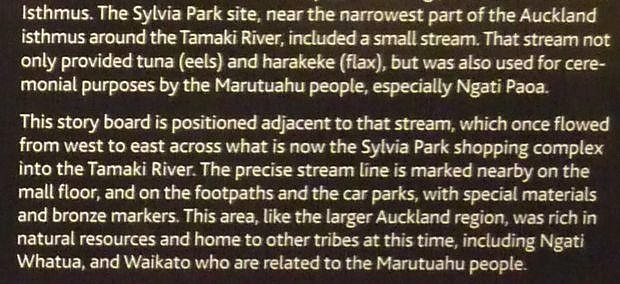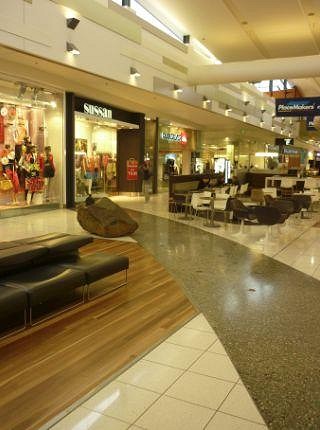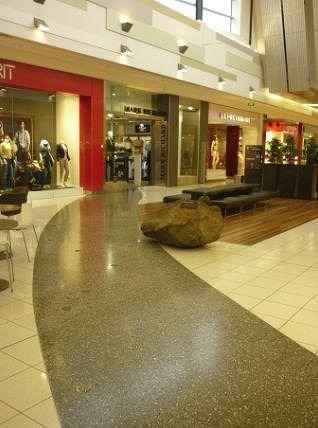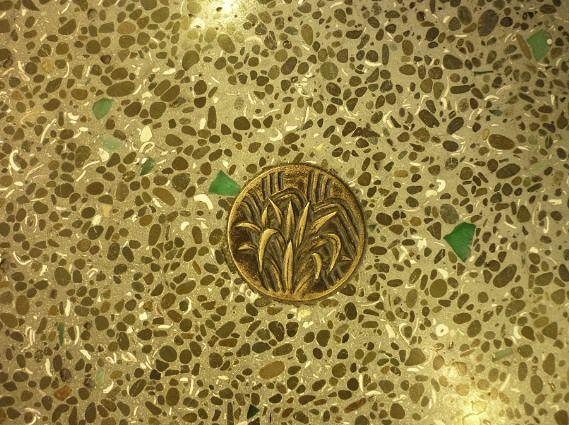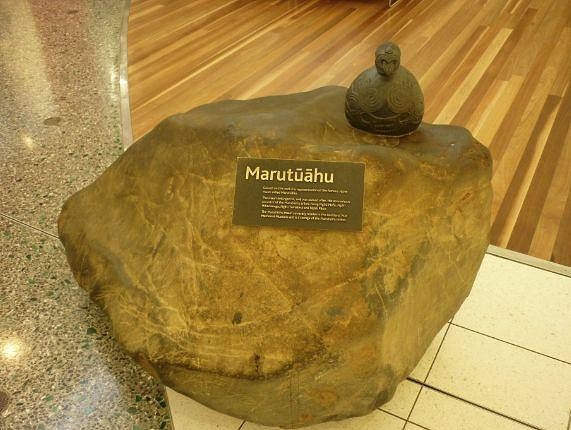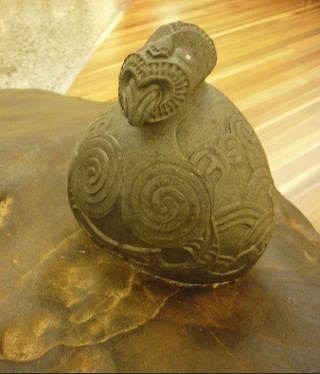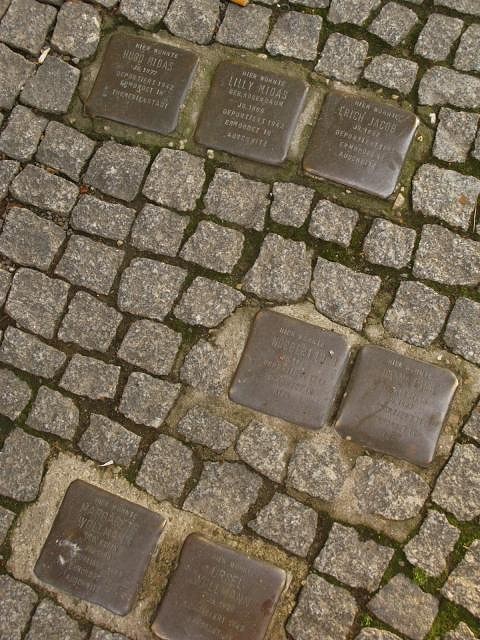Tiki Central / General Tiki
Shopping Mall Tiki
Pages: 1 2 replies
|
CN
Club Nouméa
Posted
posted
on
Sat, Sep 17, 2011 9:26 PM
A few weeks ago I was walking through Sylvia Park shopping mall in Auckland, when I spotted a sign:
It gave a history of the original inhabitants of that part of Auckland, along with the following information:
I turned around, and there, sure enough, marked out, was the path of the old stream that used to be an important tribal site:
The view looking in the other direction (the signboard is behind the long black bench seat):
In the floor they had affixed little markers showing reeds:
And there was a boulder with a little stone tiki atop it:
I had mixed feelings about all this. At one level, it is quite a striking way of honouring the past, but at another level I was thinking it was sad that such a site had been concreted over for a shopping mall. CN
[ Edited by: Club Nouméa 2011-09-17 21:27 ] [ Edited by: Club Nouméa 2011-09-17 21:33 ] |
|
B
bigbrotiki
Posted
posted
on
Sun, Sep 18, 2011 12:33 PM
This is really cool - and, when you think about it, really sad. Considering that you cannot turn time back, this is much better than just having a shopping mall with nothing in it, yes - but it is a sad reminder of the colonization and over-population of this planet. When you consider the beautiful nature that was there before, this is like one of those space craft meals distilled down to a pill in science fiction movies. This said, I do appreciate historic markers that remind today's busy city dwellers of what or WHO was there before. In the last decade, several German cities have installed what is called "Stolpersteine", (stumbling stones) in front of select turn-of-the-century apartment houses. These brass markers, laid flat into the pavement, carry the family names, deportation dates and final concentration camps destinations and death dates of Jewish and other politically hunted citizens during the Nazi era.
Granted, most people rush by and over these, but when you enter a house, you might just stop long enough to glance down and have a brief realization. |
|
CN
Club Nouméa
Posted
posted
on
Mon, Sep 19, 2011 7:10 PM
That's an interesting parallel. In France they have plaques on the walls of places where victims of the Nazis lived, died or were deported. These plaques are fairly prominent around central Paris and date from immediately after WWII in many cases. I can't recall seeing any set in the ground like those German ones though. CN |
Pages: 1 2 replies


